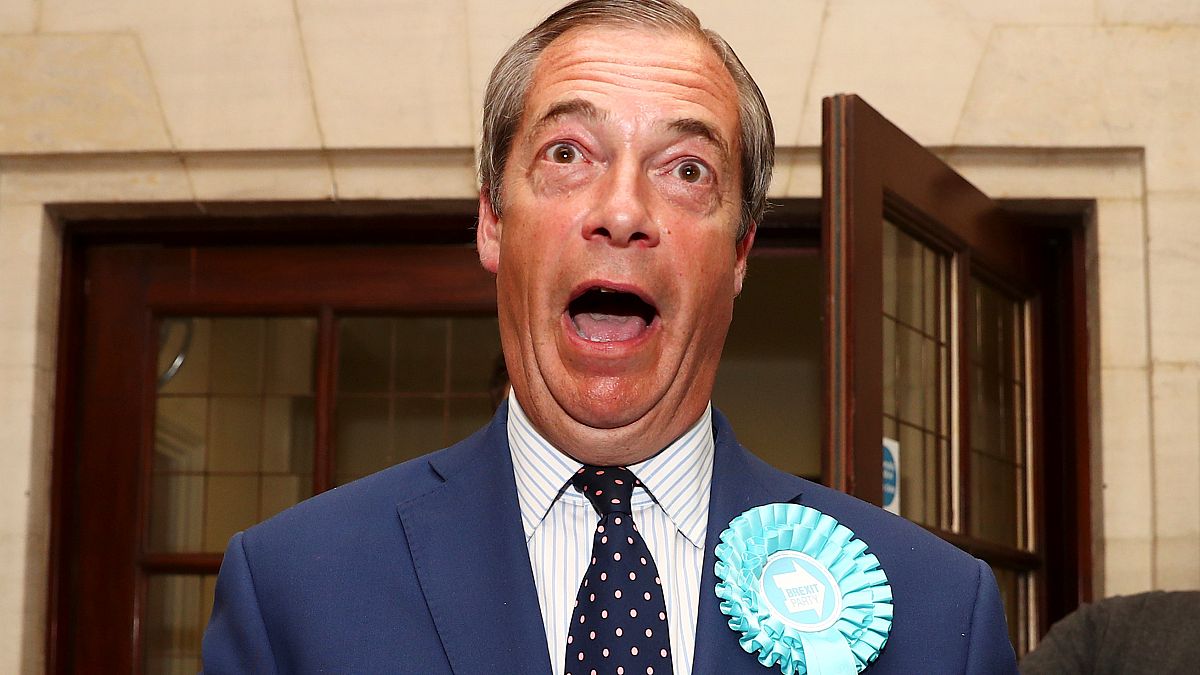The Brexit Party led by Nigel Farage won the UK's European election — but there was a huge surge for the pro-EU Liberal Democrats as voters hardened their stance.
The Brexit Party led by Nigel Farage has won 29 seats in Britain's European election - making it the biggest UK party in the EU.
But there was also a huge surge for the anti-Brexit Liberal Democrats, Greens and the Scottish nationalists as voters hardened their stance on the issue after three years of political deadlock.
Both the governing Conservatives and main opposition Labour Party took a drubbing, losing most of the seats held since the last election.
There was also a surge in support for nationalist parties, particularly in Scotland where the SNP was on course to win 37% of the vote — indicating the potential Brexit fallout on the structure of the United Kingdom.
In at least two English regions, the Conservatives won no seats at all as pro-Brexit voters punished them for not taking the country out of the EU — a failure that led May to announce her resignation on Friday.
Labour was also facing a backlash over an ambiguous policy that has seen it torn over whether to support a new referendum that could halt Brexit.
While the leader, Jeremy Corbyn, remains indecisive on the issue, senior members of his team including his shadow chancellor and shadow foreign secretary reacted to the results by calling for a second referendum.
Farage's party, which is barely a few weeks old, picked up more votes than his former anti-EU party, UKIP, did in 2014.
The Liberal Democrats, campaigning to stop Brexit, more than doubled their share compared to 2014, before the Brexit referendum. There were also gains for the pro-EU Greens.
Britain is participating in the EU election because it is still a member of the bloc, but the lawmakers it elects will only sit in the European Parliament until Brexit. That is currently scheduled for Oct. 31.
Despite the ongoing turmoil over Brexit, the British public signaled an apparent indifference compared to their EU counterparts, with turnout in the UK well below the EU average, at only 37%.
Across Europe as a whole, the 2019 election saw the first ever rise in turnout since the foundation of the EU, with more than 50% taking part, as opposed to 42% in 2014.
After three defeats for her Brexit deal in Parliament, May threw in the towel on Friday, announcing that she will step down as party leader on June 7. Britain's new prime minister will be whoever wins the Conservative race to replace her.
